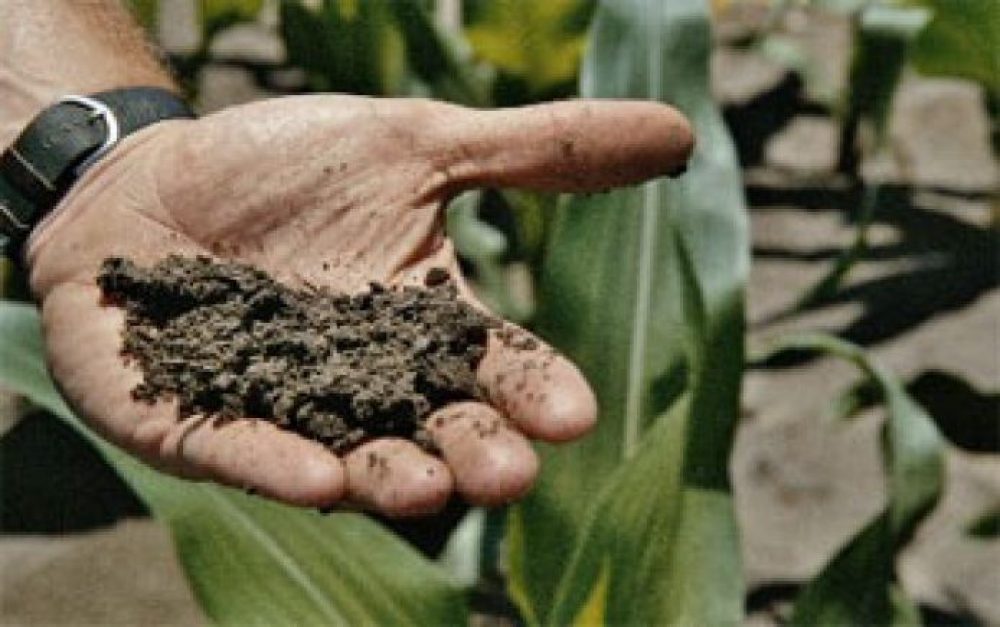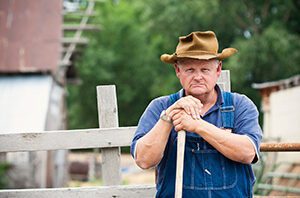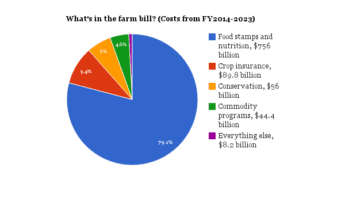The 2012 Food and Farm Bill discussions on Capitol Hill are underway. The first Senate hearing, held this week, focused on conservation. Among other important topics addressed: the idea of tying crop insurance payments with soil conservation. We say yes, definitely!
This month and next the Senate Agriculture Committee, chaired by Sen. Debbie Stabenow (D-Michigan), will hold three more hearings. Hearings in the House begin next month. PAN and our allies in the National Sustainable Agriculture Coalition (NSAC) will be closely following the debates.
PAN recently joined NSAC and hundreds of organizations across the country in delivering a letter to congressional leaders calling for passage of a Food and Farm Bill that protects and promotes conservation of vital natural resources.
Soil: We either help farmers protect it or we lose it
Conservation programs work cost-effectively through a variety of voluntary partnerships and cooperative efforts between government and private landowners to protect our soil, water and other natural resources. All of these are essential to the long-term productivity and economic viability of agriculture and forestry, and critical to the future of U.S. rural communities. Also important is providing protection for the hunting, angling and wildlife-dependent recreation that contribute another $122 billion each year to our national economy.
Conservation is essential to the future of farming, forestry and rural communities
David Rogers at Politico recently wrote that “poll after poll shows soil conservation is a goal farmers share.” Yet, according to a report by the Environmental Working Group, accelerating soil loss is being driven by federal farm policies that encourage production of commodity crops on even the most fragile terrain, where soil loss is greatest.
Furthermore, soil erosion — especially in the Midwest — is exacerbated by the increasingly frequent and intense rainstorms associated with climate change events. Now more than ever, we clearly need policies that support soil conservation.
Good policies must have lasting effects
Many on-farm efforts to curb soil erosion were launched under a 1985 law that helped farmers protect the most vulnerable cropland; access to farm subsidies required implementation of conservation measures. In 1996, ties to conservation through the subsidy program ended and was largely replaced by disaster relief programs (i.e. crop insurance).
By 2002, subsidy payments were back with a vengeance with essentially no conservation requirements, and massive soil loss continued. In 2007, for example, soil loss in hundreds of Iowa townships far exceeded the “sustainable” rate of five tons/acre per year.
Farmers who use best soil conservation practices deserve the most support
Farmers who use best practices to prevent soil loss by building and maintain soil fertility and good soil structure also reduce risks of crop failure. They really do deserve the greatest level of support and insurance against catastrophic crop loss. One key approach I've explained and promoted here before is to tie crop insurance payments with an obligation to protect soil and water resources.
As the political process of moving the 2012 Food and Farm Bill continues, stay tuned for opportunities to tell Congress to support vital conservation programs. We fully expect that crop insurance will dominate discussions about farm supports, giving us an important opportunity to promote tying insurance payments to conservation.








